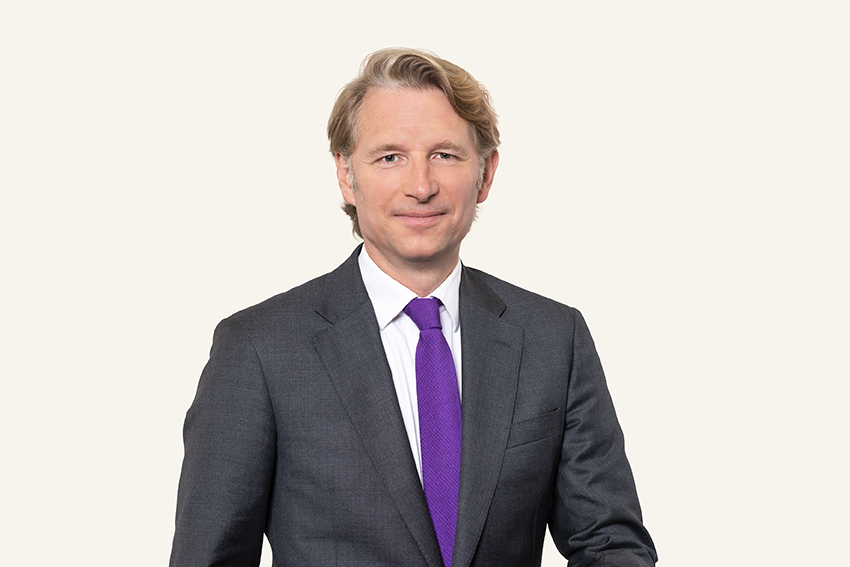Beate Uhse AG: Justus von Buchwaldt successfully guides Beate Uhse AG through self-administration and restructuring
In December 2017, Beate Uhse Aktiengesellschaft, with the aim of restructuring, applied to initiate insolvency proceedings under self-administration with the relevant local court. The company, one of more than 40 sister companies in Germany, Holland, Belgium, Austria, England, Poland and France, had been in crisis for several years.
In 2014, the company issued a corporate bond with a volume of EUR 30 million covering a term that concluded in 2019. In coordination with bondholders, the company spent several months in 2017 trying to negotiate with a group of investors with the purpose of raising financing. However, no agreement could be reached around the table, so a planned bond restructuring could no longer be implemented and a positive continuation forecast for 2018 was no longer a viable proposition.
In June 2018, the core of the company was saved after restructuring and has continued – as be you GmbH – under the new main shareholder, a fund managed by Robus Capital Management: this includes retail and online business, including the brands Beate Uhse and Adam & Eve in France and the subsidiary Pabo in Holland.
It was the insolvency of various sister companies that made a far-reaching operational restructuring of the actual group possible in the first place. In addition to outsourcing logistics and reducing its fixed cost base, the new main shareholder has primarily invested in the e-commerce sector and built a completely new IT platform for this purpose.
The restructuring was carried out by insolvency experts Justus von Buchwaldt and Dr Georg Bernsau, who were appointed as general representatives. Due to the highly complex, cross-border structure of the Beate Uhse Group, various insolvency proceedings in both Germany and Holland posed a number of legal issues in an international context that needed to be addressed. Of more than passing interest to the legal sphere was the fact that a Dutch group company was reorganized according to German insolvency proceedings under self-administration – the first time ever that self-administration proceedings have been carried out using German insolvency laws for the assets of a foreign company. An important pivotal point was the question of the actual COMI (Center Of Main Interest) of the company and, thus, under which local jurisdiction it fell according to European insolvency law.
